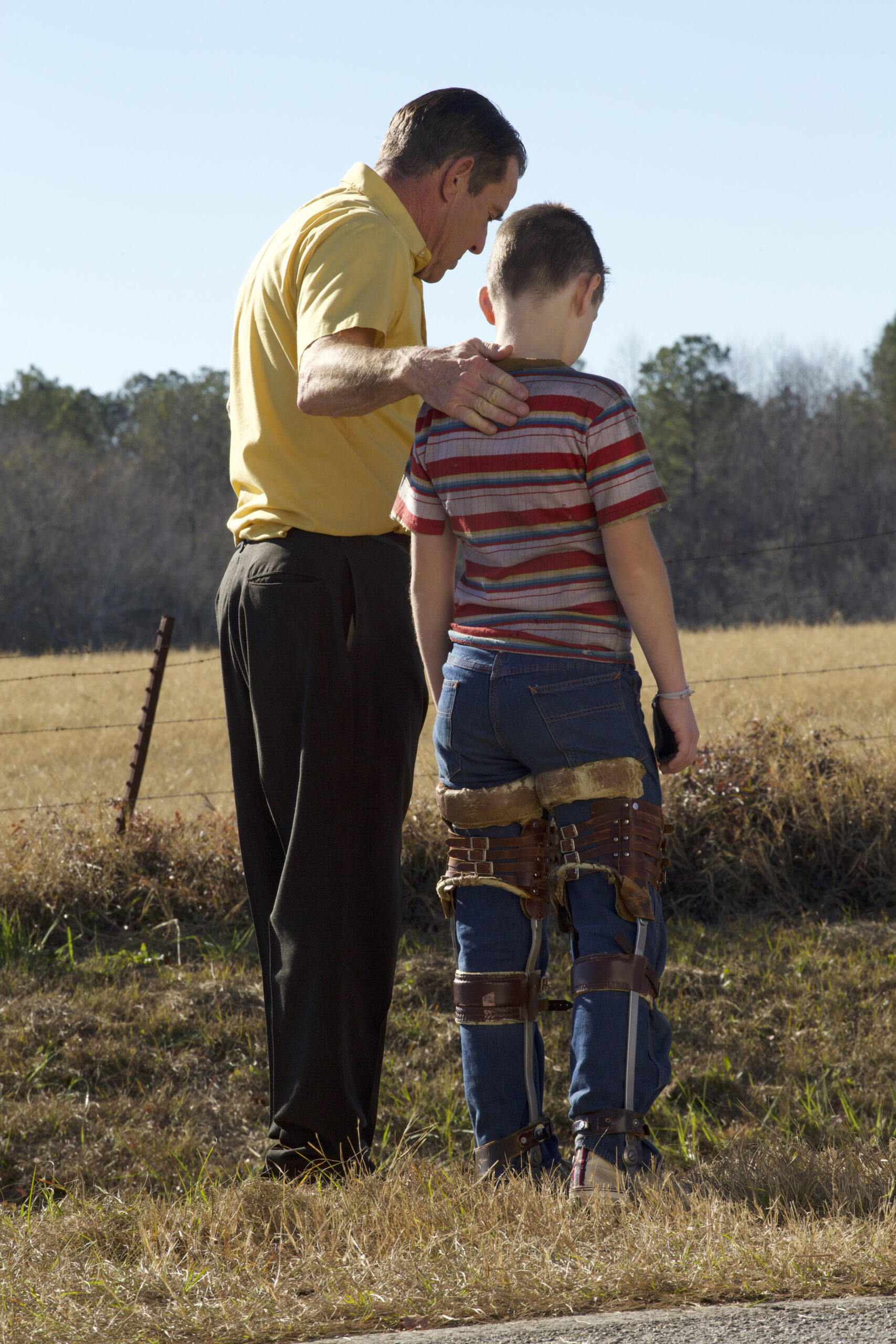One of the most challenging aspects of parenting is knowing that you can’t shelter, shield and protect your child from every potential threat, traumatic life event, or obstacle. Even the most diligent parents can’t be there 24 hours a day to prevent their child from coming to harm, and life is full of challenges for adults and kids alike. While some hurdles can be overcome easily, others have long-lasting implications. If you’re a parent, and you’re keen to make sure you’re there to support your child through the tough times, here are some helpful tips.
Talk to your child as openly as possible
Mental health is a subject we talk about a lot in this day and age, but it hasn’t always been this way. Many people who are now parents grew up in households where it wasn’t ‘normal’ to talk about how you feel or share thoughts or worries. As a parent, it’s beneficial to try and encourage your children to chat and engage with you, and to really get to know them, so that they feel able to come to you if they’re feeling down or they’re dealing with problems, for example, a classmate picking on them at school or a bad exam result. You don’t have to open the floor to a deep discussion every night, but take time to talk. Chat about your day, have fun together, and make sure your kids know that the lines of communication are always open.
Recognizing signs of distress and behavioral changes
Children deal with all kinds of challenges, but some are much more difficult than others. While most will bounce back from an argument with a friend or a poor performance on a test, there is a risk that more profound problems or events can contribute to behavioral changes. If a child has been through prolonged, severe bullying or abuse, or they have behavioral problems, they may display signs that they shouldn’t ignore as a parent. Use your intuition, try and approach the subject with them very tactfully and gently, and be prepared to seek expert advice. There are people and organizations like Youth Villages that specialize in supporting families and children who are dealing with emotional and behavioral disorders. If your child does have behavioral issues, or they have been through an ordeal, which has taken its toll, it’s perfectly natural to experience a whole raft of emotions yourself. Talk about how you feel with a friend or family member or see a therapist if you feel more comfortable speaking to somebody you don’t know.
Working together
Every family goes through ups and downs, and often, the best way to tackle the lows is to pull together. Talk as a family and make sure every individual knows that they’re not alone. When times are tough, for example, a child is coming to terms with bereavement, or they’ve been bullied at school, children might want to speak to other kids in the same boat or to experts or advisers, but they’ll always benefit from knowing that you’re there for them.
Being a parent can be tough, especially when your children go through hard times or they find life difficult. Being supportive, listening, and learning to recognize symptoms and signs of distress can help you protect and build your child back up.












